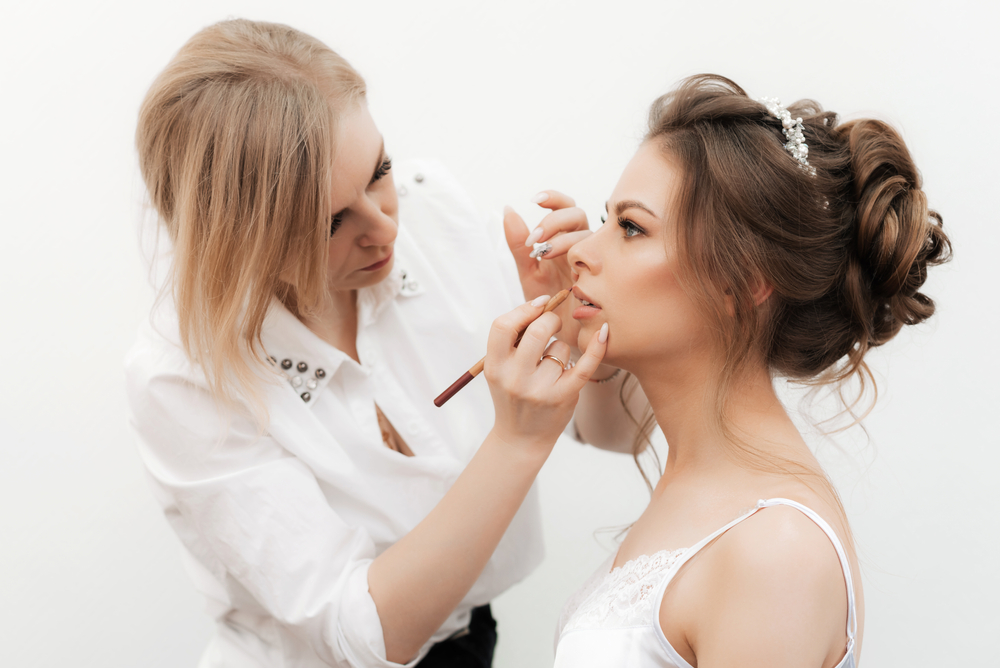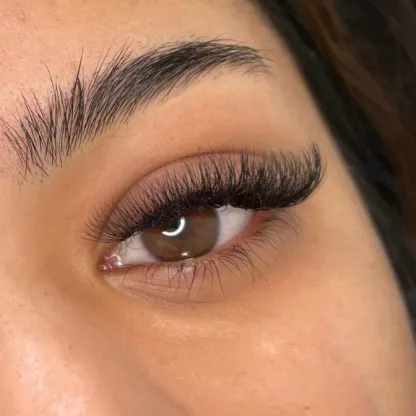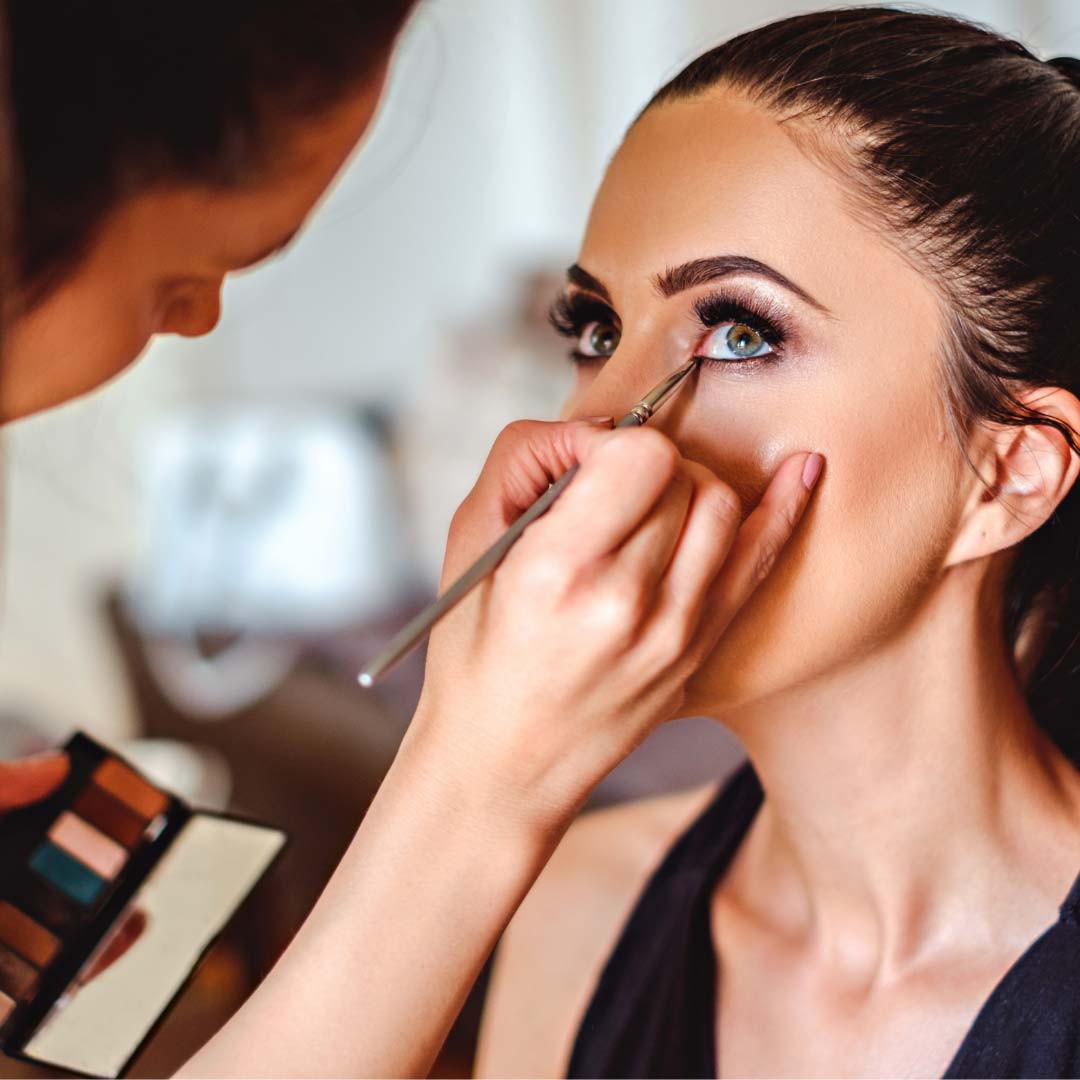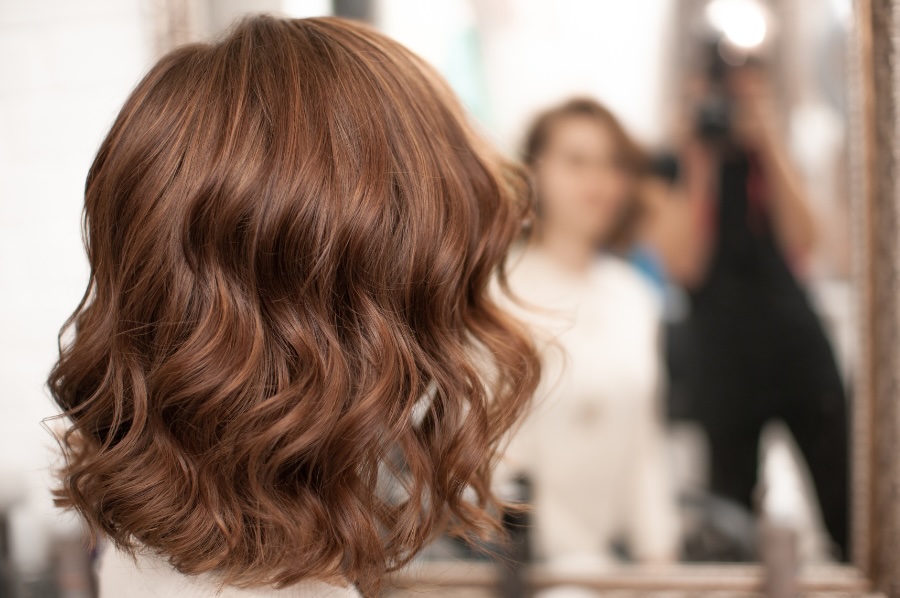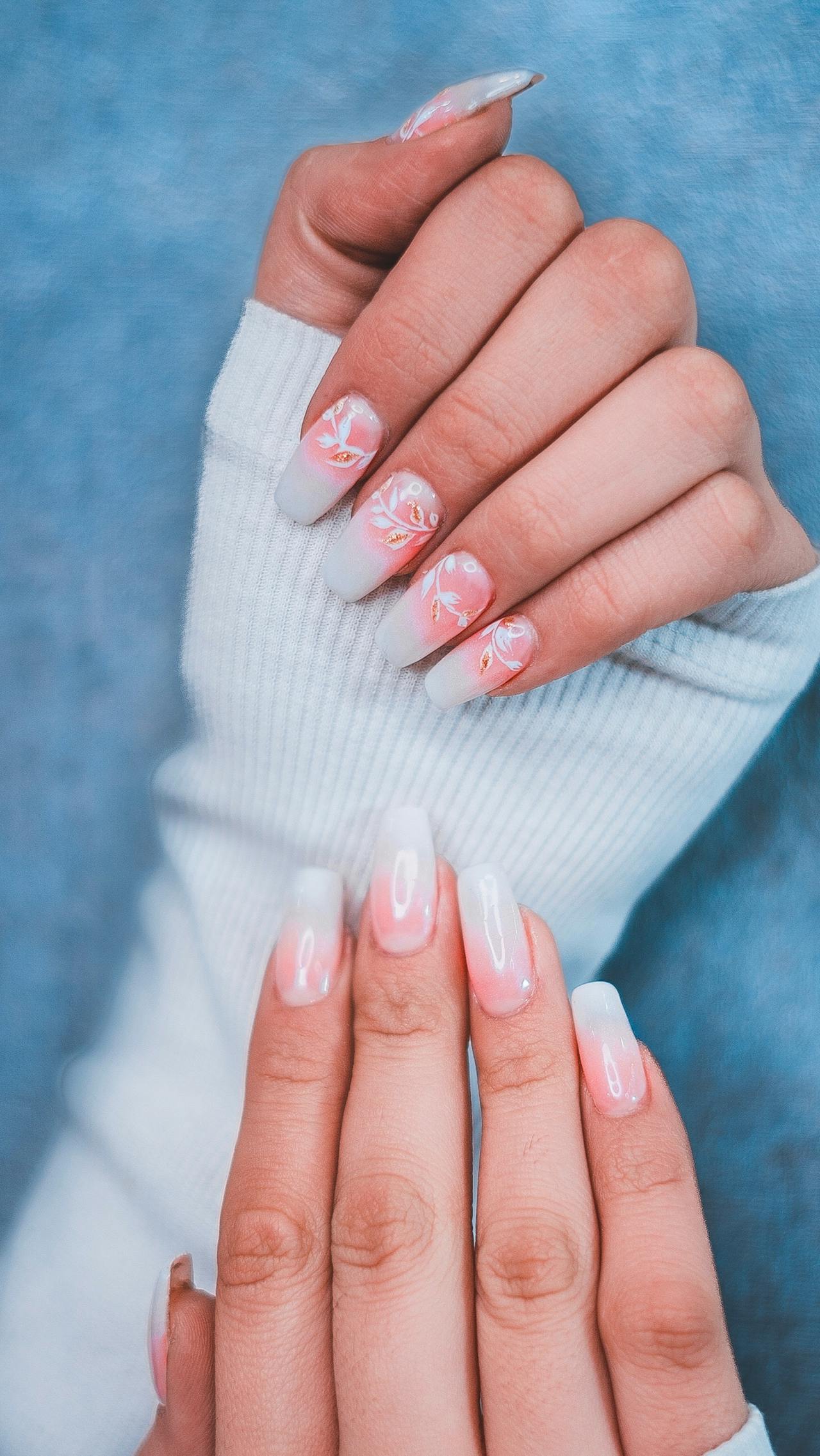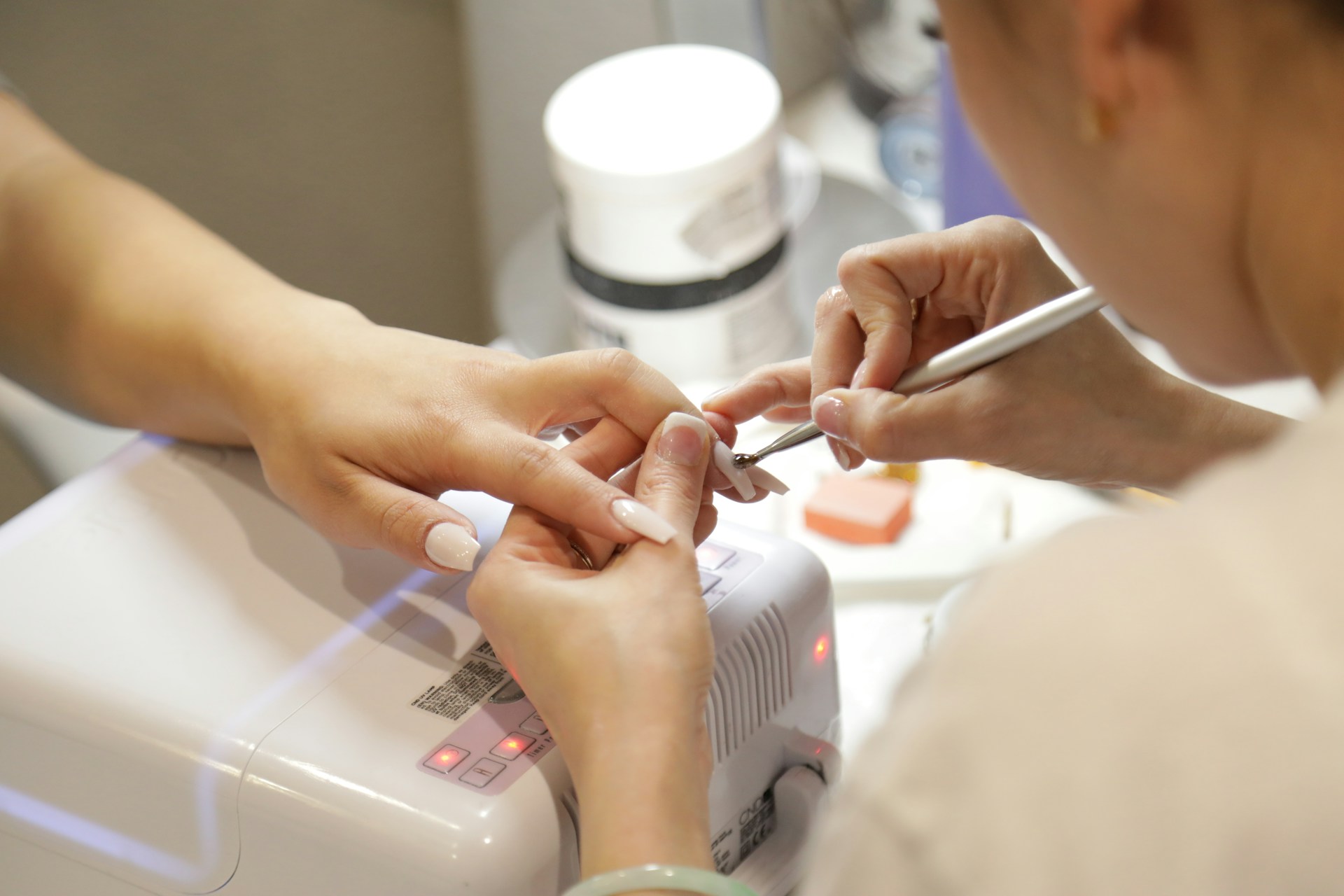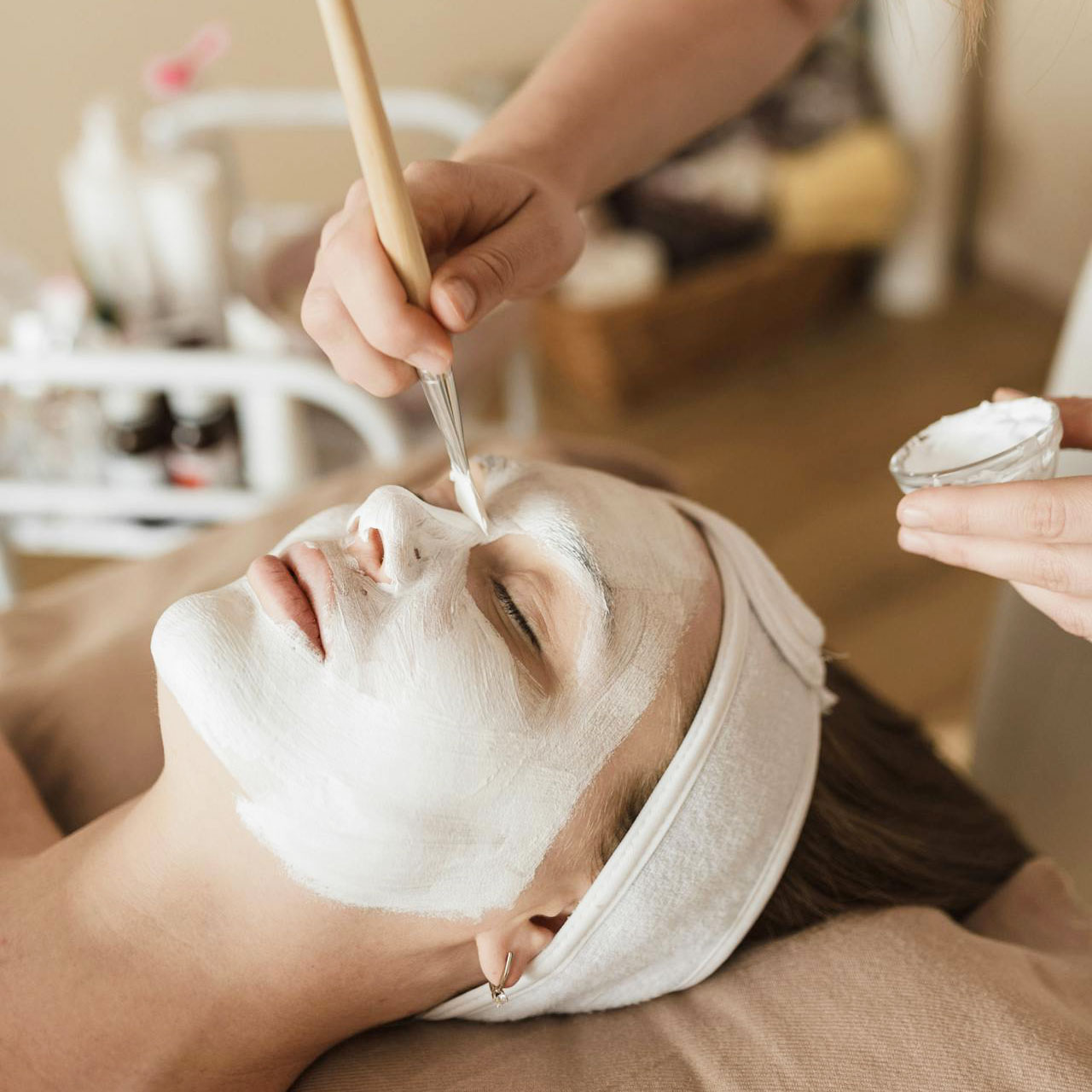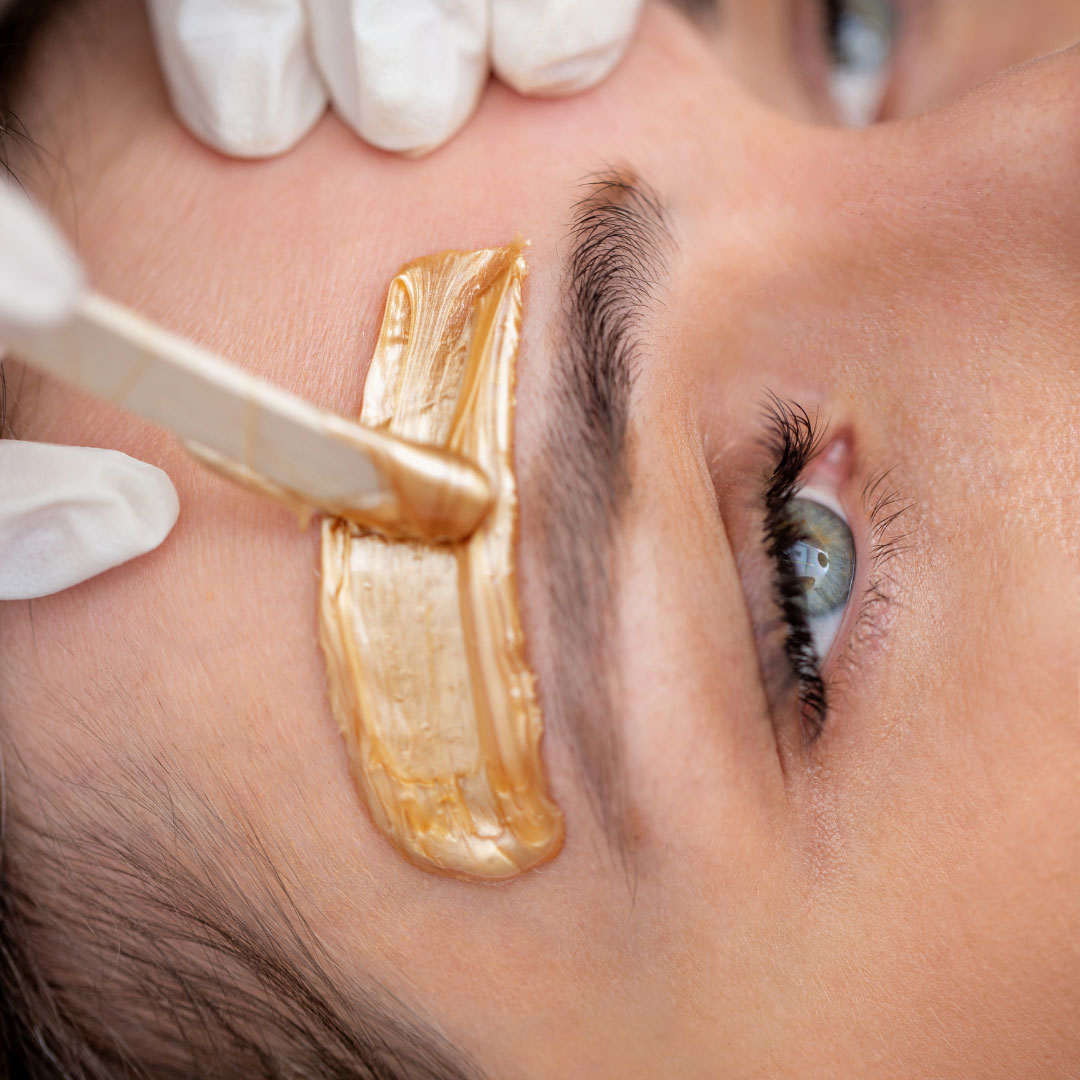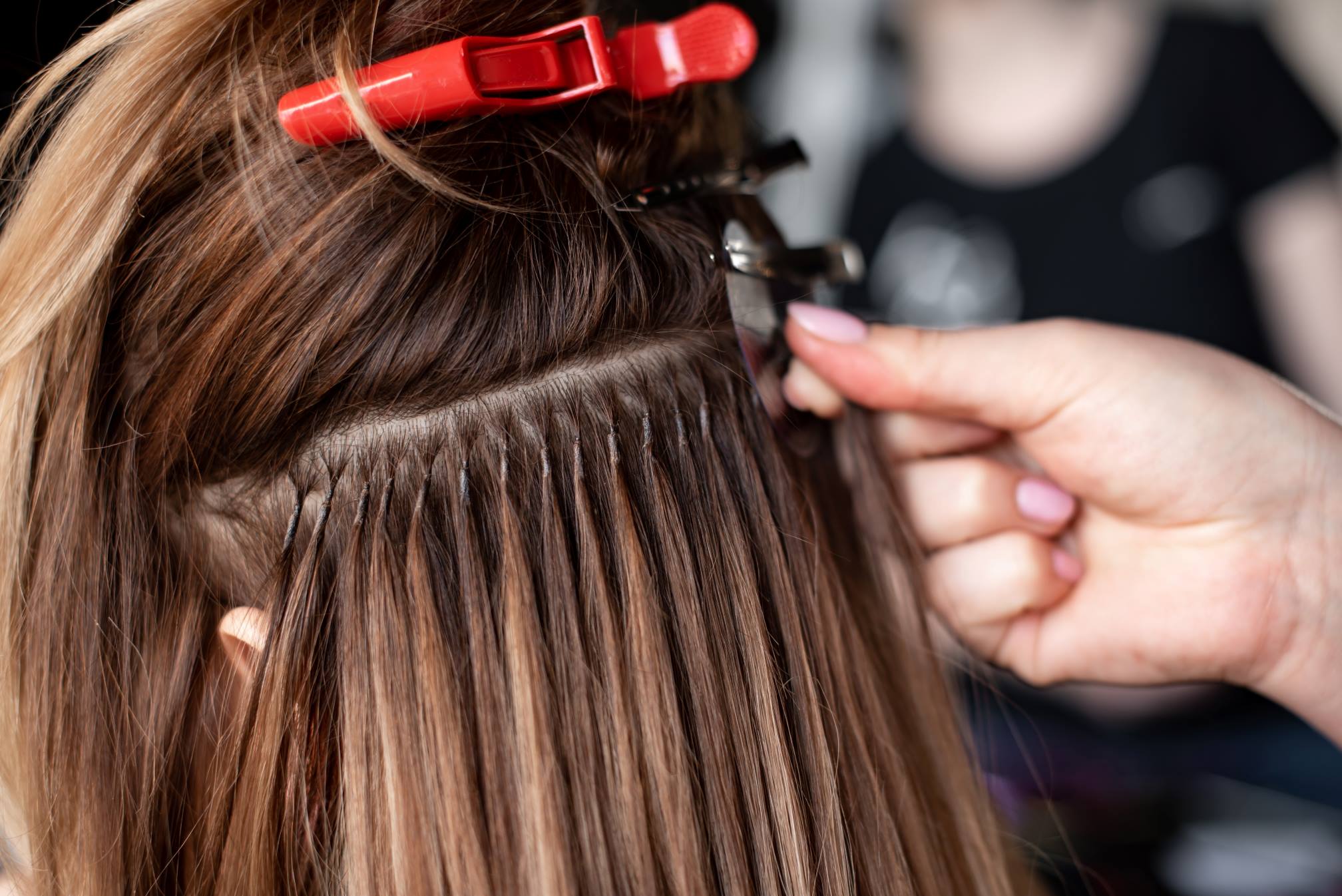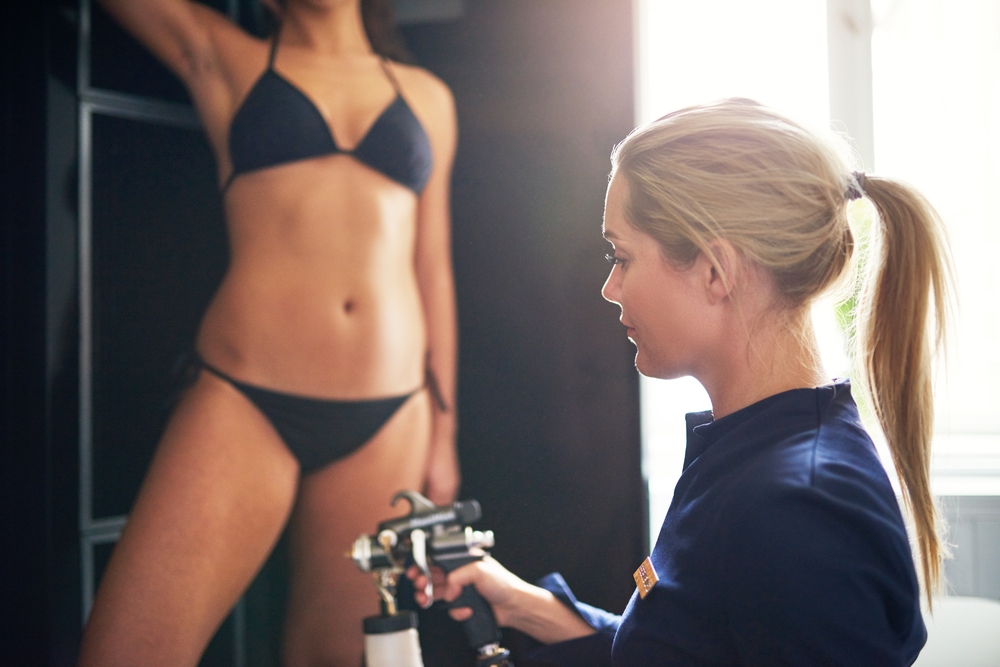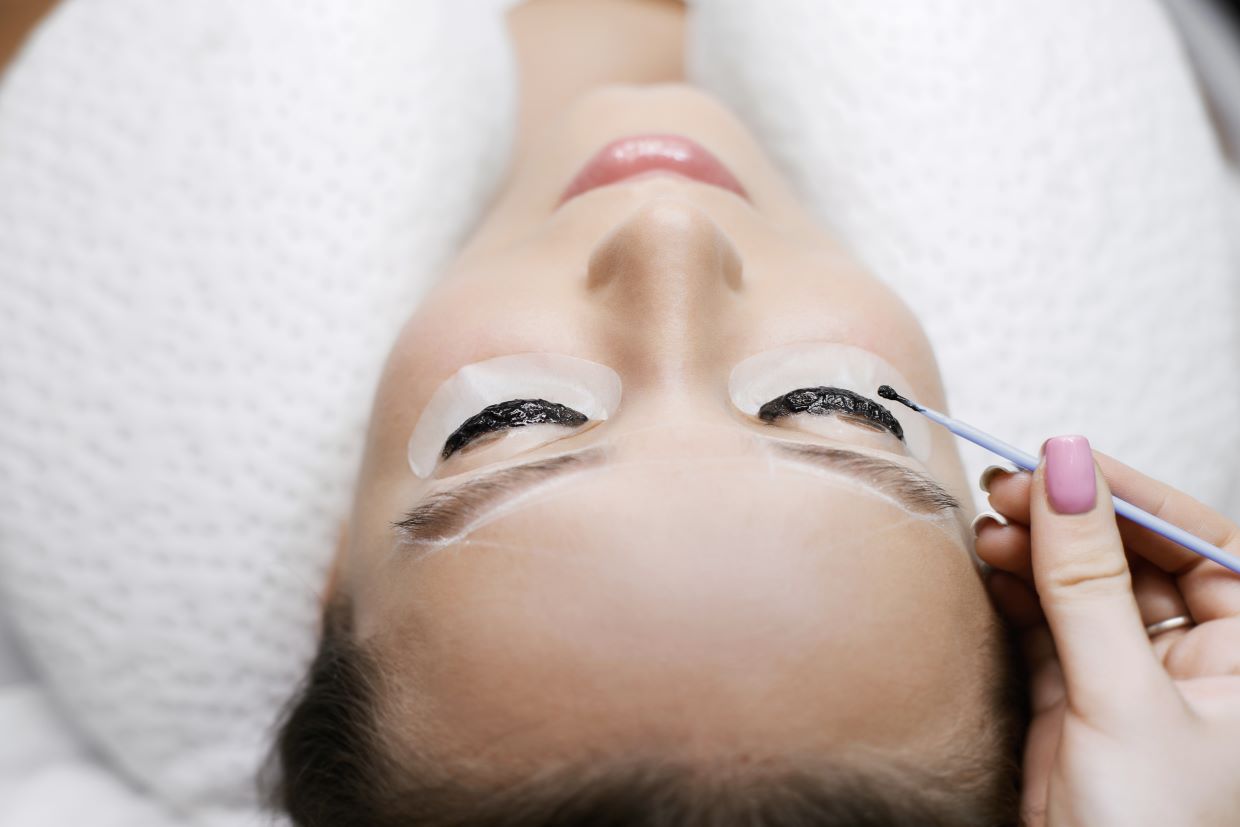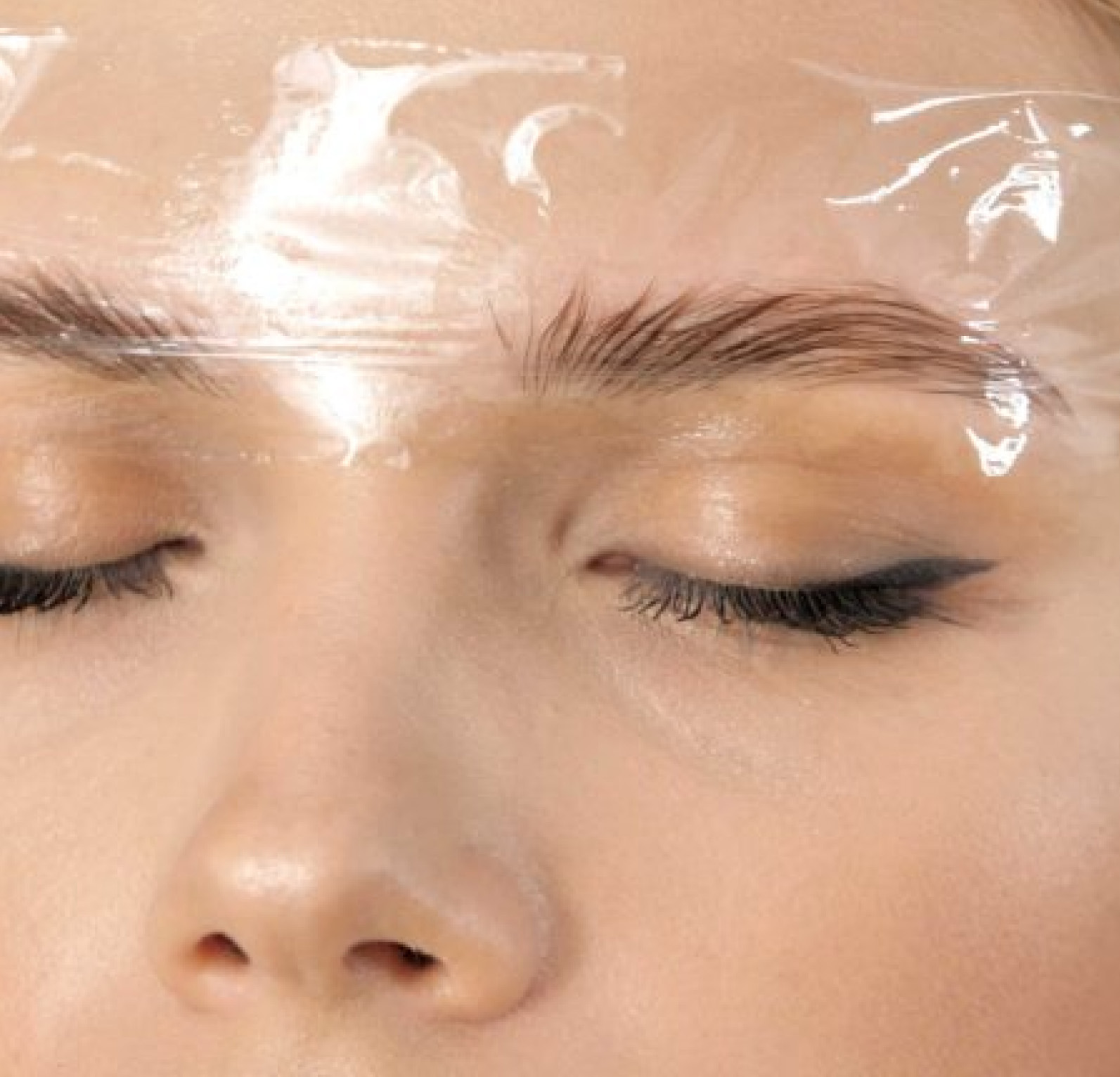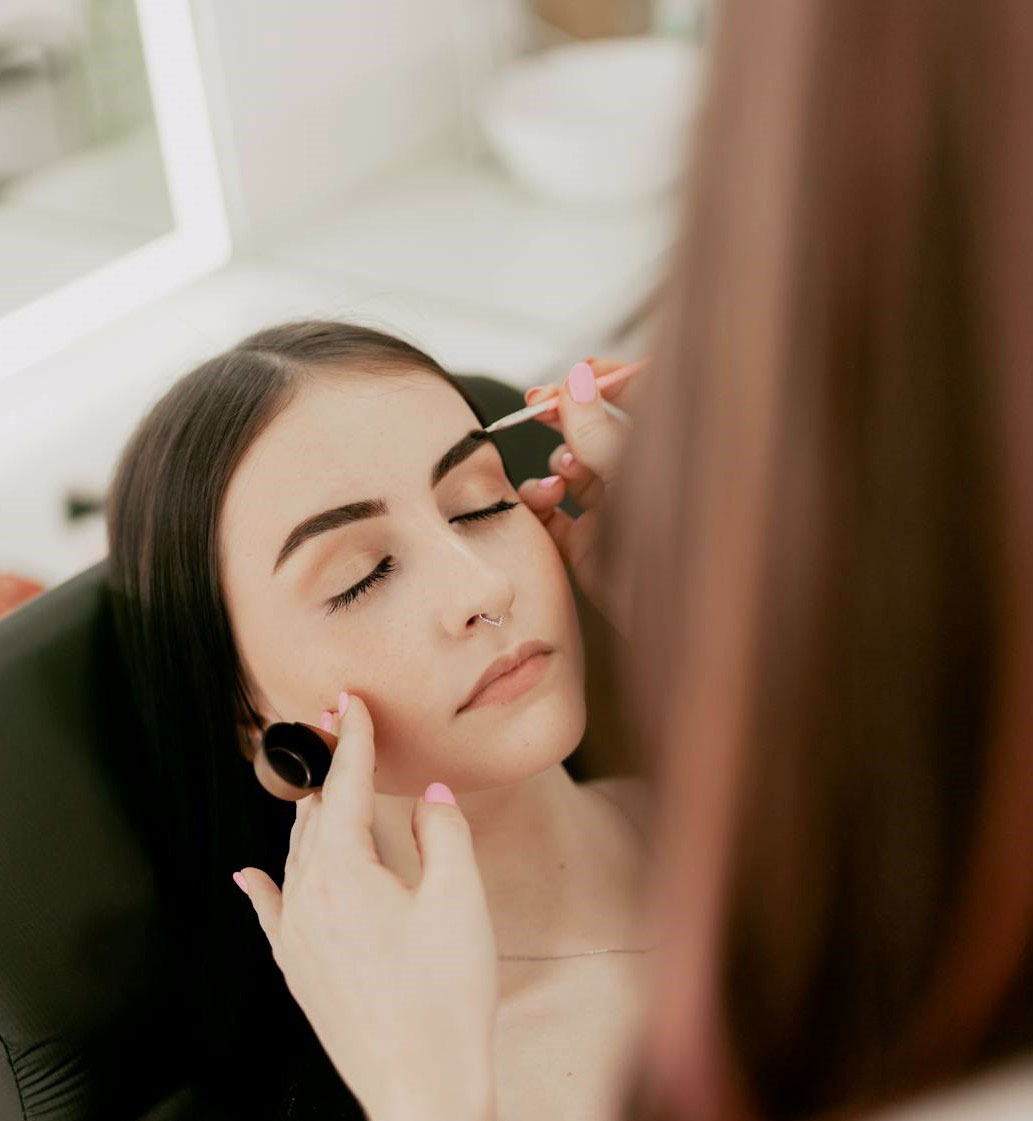Meet Sarah and Emma, best friends since high school who both decided to pursue beauty careers in the UK last year. Sarah enrolled in a traditional beauty school in central London, while Emma chose an online beauty course to fit in around her part time job. Today, they’re both successful beauty professionals, but their journeys couldn’t have been more different. Their stories perfectly illustrate the unique advantages of each learning path.

The Flexibility Factor That Changes Everything
Emma’s online beauty course allowed her to keep her part-time job while studying, maintaining her income throughout her education. She could access course materials at midnight after her kids went to bed, replay complex techniques during lunch breaks, and practice on friends and family on weekends. This flexibility meant she graduated debt-free with money saved for equipment and marketing.
Meanwhile, Sarah attended classes from 9 AM to 4 PM Monday through Friday, immersing herself completely in the beauty school environment. She loved the structured routine and immediate access to instructors but had to take out a student loan and couldn’t work during her studies and spent 45 minutes each way getting to the course on the Tube. Both paths led to success, but the online beauty course offered life-changing flexibility that traditional schooling simply can’t match.
The ability to pause, rewind, and replay demonstrations is a game-changer in beauty education. In a traditional classroom, if you miss seeing how the instructor positioned their hands during a critical technique, that moment is gone. With an online beauty course, you can watch that same movement fifty times if needed, from multiple angles, until you’ve mastered it perfectly.
Breaking Down the Real Costs
Let’s shatter some myths about online beauty course quality and costs. Traditional beauty schools typically charge £7,000-£15,000 for comprehensive programs, plus additional costs for textbooks, uniforms, and parking. You’ll also face living expenses without the ability to work full-time, potentially doubling your real investment.
An online beauty course typically costs £500-£3,000 per specialty, allowing you to build qualifications strategically. You can start with one profitable skill, begin earning, then invest in additional courses as your business grows. Emma started with a lash extension course for £1800, built a client base, then added brow services and spray tanning as her income increased.
In the UK, where distance learning has a long and respected history, the Quality Assurance Agency for Higher Education (QAA) ensures that online degrees meet the same rigorous academic standards as their campus-based equivalents. Data from leading institutions consistently shows that online graduates achieve comparable employment rates and career progression. The myth that online education is inferior has been thoroughly dispelled, with many UK employers actively seeking out online graduates for their proven self-discipline, digital literacy, and time management skills.

Learning Quality and Industry Connections
The biggest surprise for many is that online beauty course content often exceeds traditional classroom quality. Professional filming means you get perfect close-ups of every technique, something impossible in a crowded classroom where you might be sitting three rows back. Leading online programs use multiple camera angles, slow-motion replays, and detailed annotations that enhance understanding beyond what’s possible in person.
Networking concerns are valid but easily addressed. While traditional schools offer face-to-face peer interaction, online beauty course communities are incredibly active and supportive. Through dedicated Facebook groups, Instagram communities, and virtual meetups, online students build nationwide networks rather than just local connections. Emma now has beauty professional friends across Australia, leading to collaboration opportunities Sarah’s local network can’t match.
Industry recognition has evolved dramatically, with employers now viewing online beauty course credentials as equally valuable. The Beauty Industry Report shows that 78% of salon owners consider online qualifications equivalent to traditional schooling when hiring, focusing more on practical skills and portfolio quality than education method.
Support Systems and Student Success
Quality online beauty courses provide extensive support systems that rival or exceed traditional schools. Live virtual tutorials, one-on-one mentor sessions, and 24/7 email support mean you’re never truly studying alone. Emma could message her instructor at 10 PM with a question and receive a detailed video response by morning – try getting that from a traditional school!
The self-paced nature of an online beauty course means you can spend extra time on challenging techniques without holding back classmates or feeling rushed. Conversely, if you grasp concepts quickly, you can accelerate through familiar material. This personalized pace ensures thorough understanding and skill development.
Student success rates tell the real story. Graduates from online beauty courses are reporting the same job placement rates and earning potential as traditional school alumni. The key difference? Online graduates often start their careers with less debt and more flexibility, positioning them for faster business growth.

Making Your Decision with Confidence
Choosing between an online beauty course and traditional school depends on your personal circumstances, learning style, and career goals. If you thrive in structured environments, have financial support, and can dedicate full-time hours to studying, traditional school might suit you. However, if you need flexibility, want to minimize debt, or prefer learning at your own pace, an online beauty course offers incredible advantages.
Consider your life situation honestly. Are you supporting a family? Do you need to maintain income while studying? Do you learn better through repetition and practice? These factors all point toward online learning. The beauty industry values skills and results over educational pedigree – clients care about your ability to deliver beautiful results, not where you studied.
The future belongs to flexible, adaptive professionals who can balance multiple responsibilities while continuously upgrading their skills. An online beauty course teaches these valuable meta-skills alongside technical beauty expertise, preparing you for long-term industry success.

